Cambodia has been striving to improve its education system and has engaged in as many opportunities as possible to further student achievement. The country has participated in OECD’s PISA for Development, in the UNICEF-sponsored South East Asia Primary Learning Metric (SEA-PLM) program, and in the Optimizing Assessment for All (OAA) initiative at Brookings. Drawing lessons from the very different approaches in these assessment programs, Cambodia has assembled an impressive repertoire of skills and knowledge.
Outstandingly, the country has not backed off from its mission to change the status quo in its education system in the face of large-scale assessment results. The Minister of Education, Youth and Sport, H.E. Dr. Hang Chuon Naron, has said, “I don’t care what the results are; I just want to know what they are so that we know what to do about it.” As a testament to this principle, Cambodia is just one of three PISA for Development countries that will continue engagement with OECD’s international large-scale assessment through PISA-2021, to provide comparative data across 2018-2021 that will reflect the impact of education initiatives currently being implemented.
Cambodia’s Education Quality Assurance Department (EQAD) of the Ministry of Education, Youth and Sport recently showcased its commitment to improvement in a two-day workshop. Concerned about the quality and usefulness of classroom-based assessment, the EQAD unit has developed a strategy.
The workshop
Held in the Kampot Provincial Teacher Training Center in February, EQAD assembled a diverse group of educators, with the conviction that educators from all levels of the system need to be brought into discussions on how to change practices. Following a series of sessions designed to familiarize provincial education officials and teachers with outcomes from OAA’s pilot assessments of 21st century skills, the EQAD staff worked with participants to develop assessment items for classroom use.
As the first short-term target, teachers designed items for use in monthly tests of student progress. An additional target for the monthly tests was to ensure at least one item per subject would reflect OAA’s approach of assessing 21st century skills embedded in subject curricula. Over time, this latter approach will be scaled up to support regular classroom teaching and learning.
An overarching goal of the workshop was to support teachers to move beyond the textbooks that they currently rely on to consider the curriculum more broadly. As Cambodia shifts away from reliance on rote learning, the teachers themselves need greater familiarity with the curriculum and curricular goals. The OAA assessment task structures provide exactly this facility: Not only do they require students to think beyond routine application of their learning, they model this approach to teachers.
Scaling 21st century skills
The app, Telegram, has allowed EQAD to provide just-in-time materials in their capacity-building activities. Educators can access Telegram easily on their mobile phones, download materials, chat, and send all sorts of documents and images, and thereby engage in a dynamic community characterized by quick interaction. As can be seen in the below images from the workshop, the phones provided an essential resource—unlike in many gatherings where individuals looking at their phones indicates disengagement. It was great to see the start of basic information and communications technology literacy in a Cambodian education context.
The Provincial Office of Education (PoE) staff and school directors, together with the Teacher Training Department and Primary Education Department, developed action plans to enable continuing technical item development for the school-based groups after the workshop. The plan is for the four pilot schools that participated in the OAA initiative to scale up to additional grade levels, with EQAD support, as their confidence and expertise builds. To support these activities, the schools will meet in their technical groups, one in Phnom Penh and one in Kandal Province, each month. The Telegram exchange of documents and sharing of resources will facilitate EQAD’s review of item drafts for use in the classroom as teacher expertise develops.
EQAD plans to share OAA procedures and practices with teacher training centers in other provinces and institutes so that both trainers and trainees can continue to build knowledge around concepts of 21st century skills assessment and incorporate it into teaching and learning. In the immediate future, EQAD will also scale up to two schools, Chaktomok Primary School in Phnom Penh and Takhmao Primary School in Kandal province. These schools will join the original four to work together to share knowledge and practices.
In many countries, we see responsibility for educational assessment separated across departments or centers, such that responsibility for large-scale testing is taken by one department, and responsibility for classroom-based assessment is taken by another. EQAD has acknowledged the importance of alignment between these different levels of assessment, and while responsible for Cambodia’s large-scale assessment, also values classroom assessment as the foundation for change in education practices. With EQAD’s work to create alignment throughout the system, as demonstrated by the workshop, the future of Cambodia’s education system looks bright.
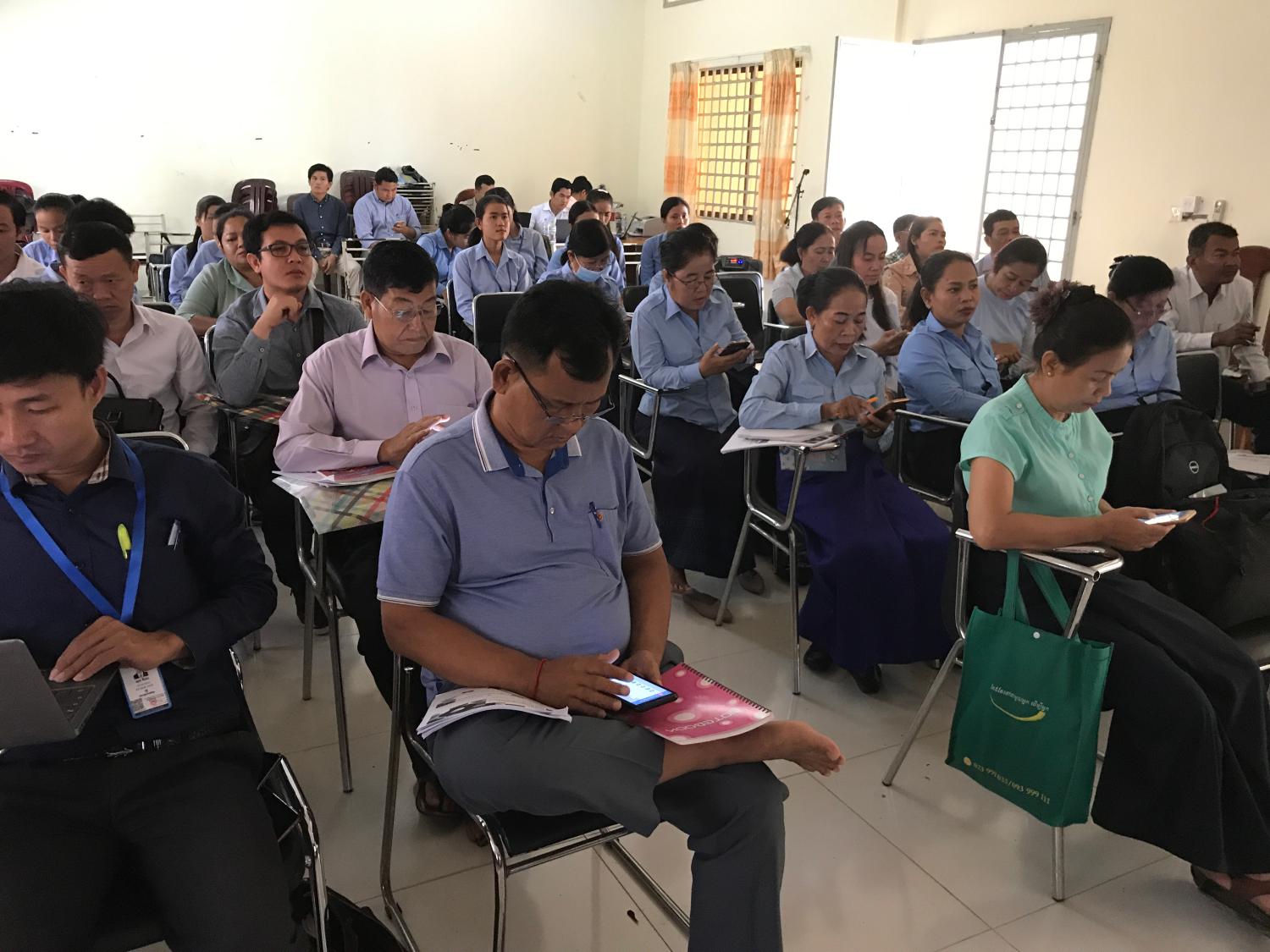
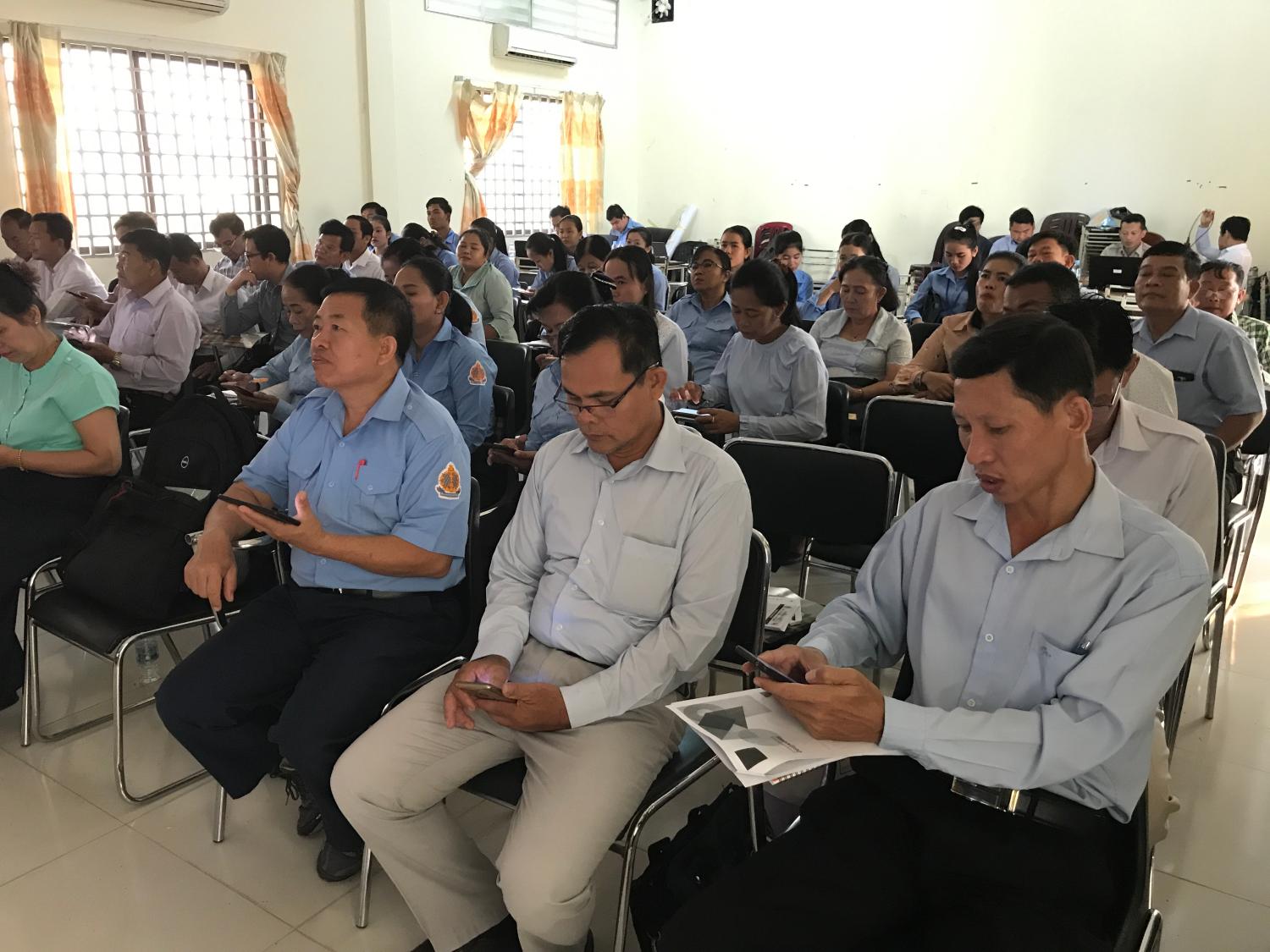
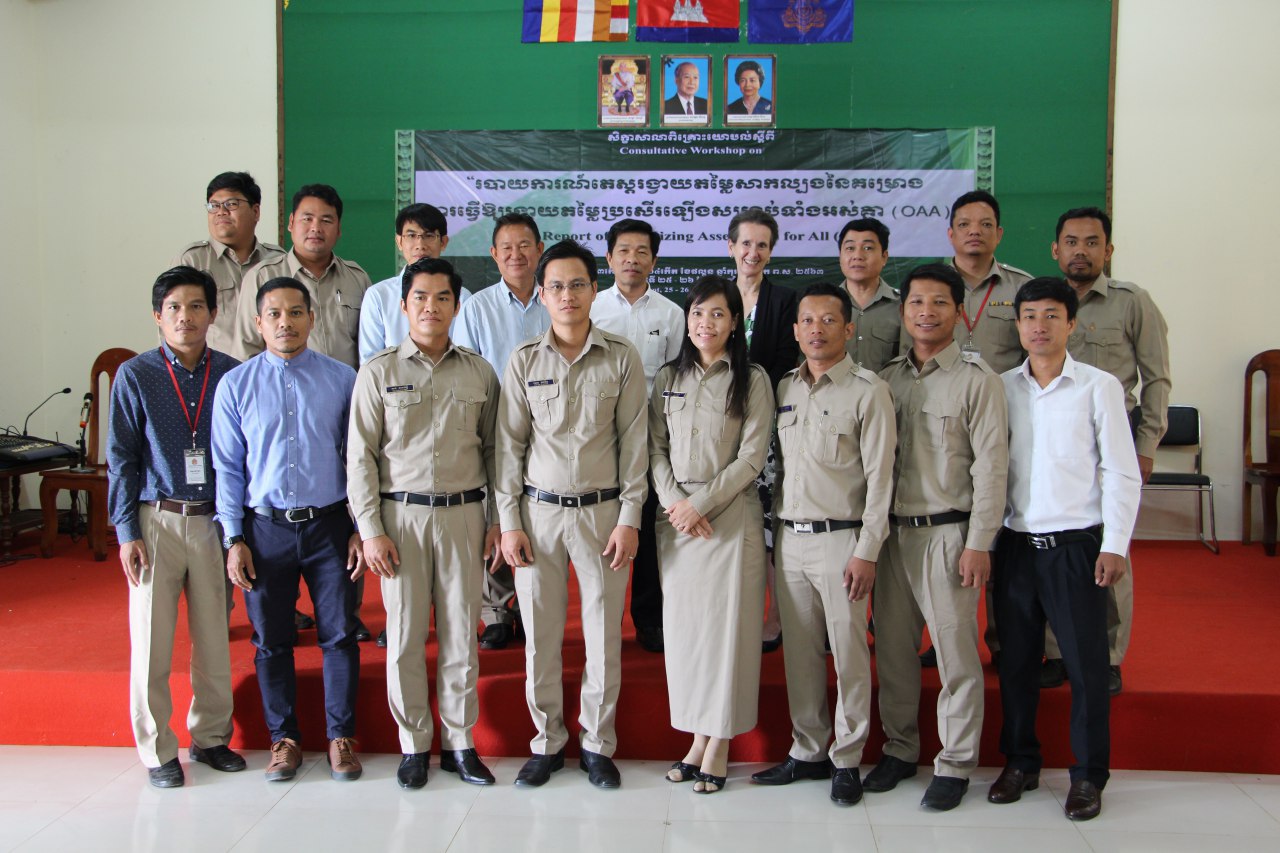
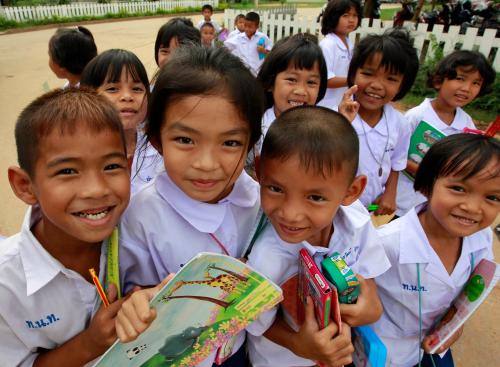
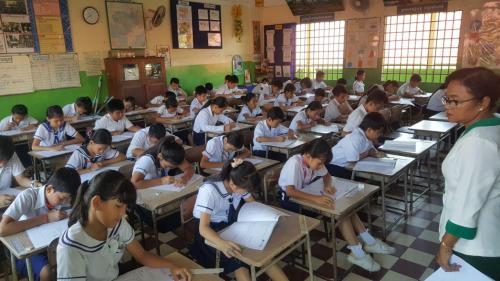
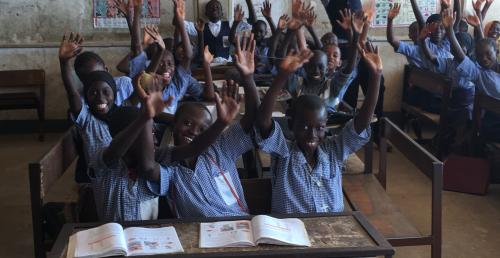




Commentary
Cambodia’s strategic scaling of 21st century skills and assessment to improve learning outcomes
March 9, 2020